UPDATE: please take our simple poll to help us understand simple searches (if you do simple searches)
One observation we’ve made over the years has been that many of the top searches (by frequency) are for single concepts e.g. asthma, diabetes, aspirin. This seems quite non-specific as the user possibly doesn’t want to know about, say, asthma generally. Perhaps they want to know about asthma diagnosis, asthma in children etc.
At Trip we want to help users get better results faster and we could take the above issue and try to solve it using techniques such as query expansion. However, the fact is we don’t fully understand the issue and we’ve suggested a solution (query expansion) straightaway! I have said the search is non-specific and the user doesn’t want to know about asthma generally. But there are many possible reasons for using such broad terms, for instance:
- They just want to get a feel for the literature
- They are new to the site and want to experiment with using the site
- They are not confident in creating searches that mirror their intention e.g. they may be wanting to know what is the most appropriate diagnostic tests for asthma in children and are not sure how to make a suitable search
There are probably other reasons as well – not really sure. So, leaping into a solution seems foolish. So, we should ask our users! My idea is that for a set number of searches (say every 10th search) we have a pop-up to take the user to a questionnaire to better understand their reasons for using Trip and if we note the search terms used we can cross-check that and see if there is a problem and from there what might the solution be.
I even asked ChatGPT to suggest some Qs and it came up with these:
Q1 Search Intent Understanding:
“What is your primary objective when conducting a search with us (e.g., browsing for general information, seeking specific data or studies, looking for treatment guidelines)?”
Q2 Search Term Selection:
“How do you decide on the search terms to use? Please select all that apply: a) Based on the specificity of the information needed, b) Using terms familiar to me, c) Repeating terms from educational or professional materials, d) Other (please specify).”
Q3 Experience with Search Outcomes:
“How often do the search results meet your expectations in terms of relevance and specificity? Always, Often, Sometimes, Rarely, Never.”
Q4 Challenges in Formulating Search Terms:
“What challenges, if any, do you encounter when deciding on which search terms to use? Lack of knowledge on the topic, uncertainty about which terms will produce the best results, other (please specify).”
Q5 Interest in Search Assistance Features:
“Would you find it helpful if the search engine offered suggestions or guidance on refining search terms to improve result specificity? Yes, somewhat helpful, No, not necessary.”
These are really interesting questions (thank you ChatGPT) and I think that scrolling through the results will be incredibly useful. So, when we roll out the survey (probably in the next month or so) please consider completing it.

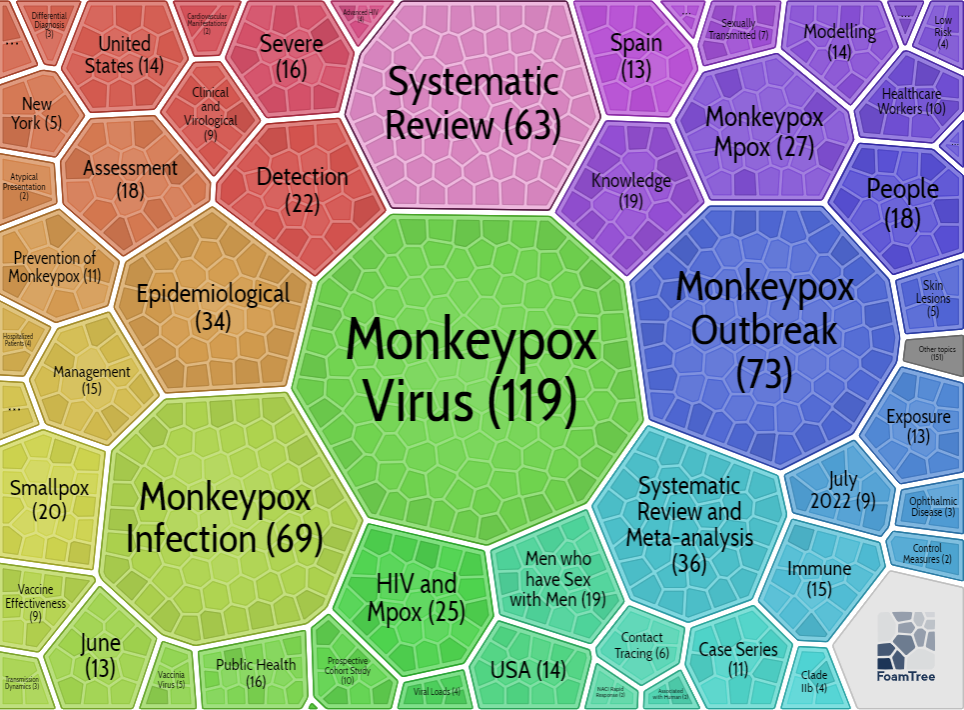


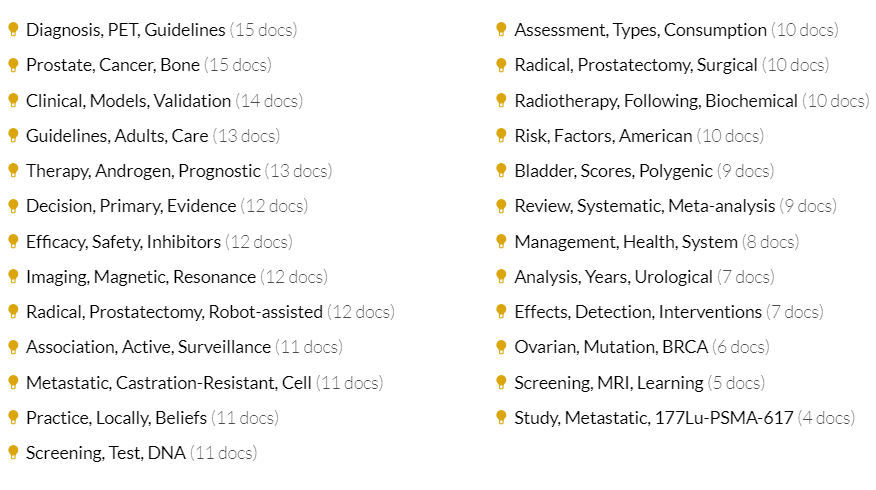

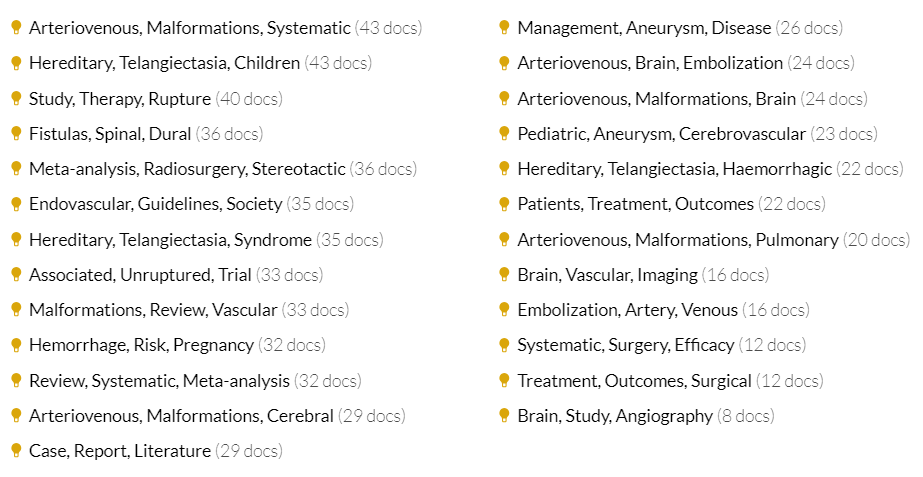


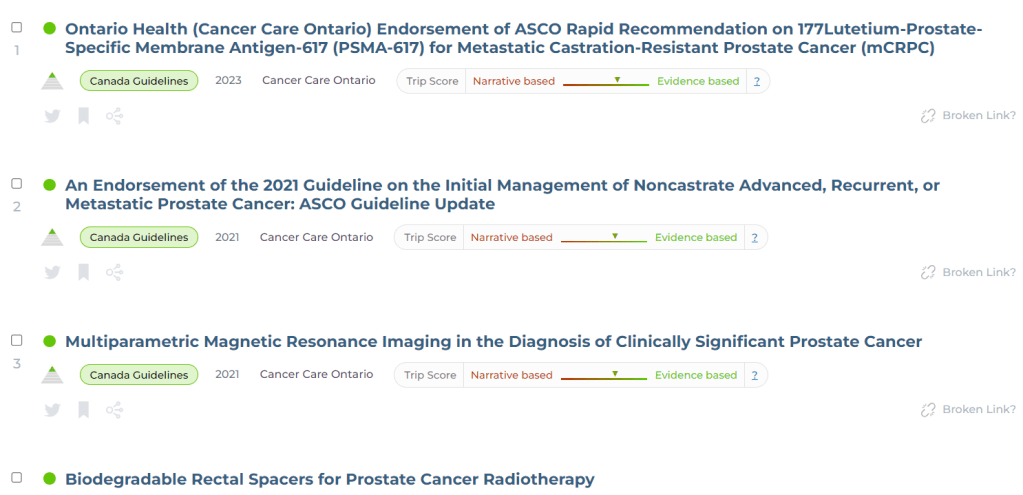

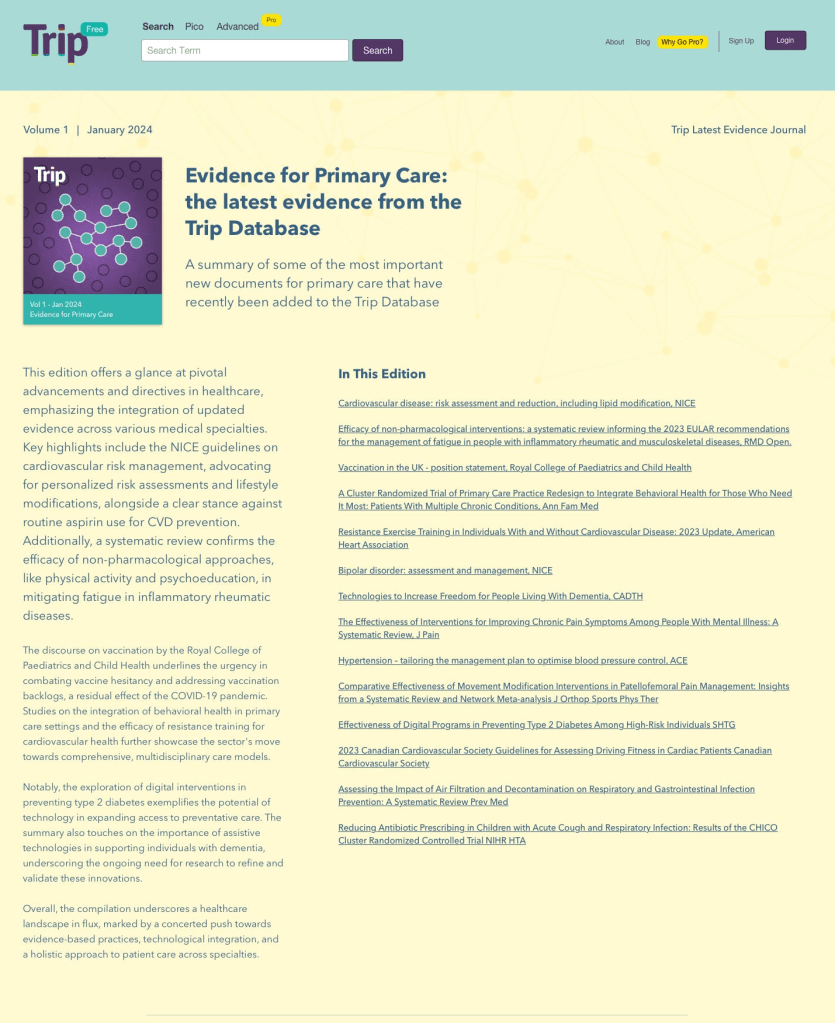
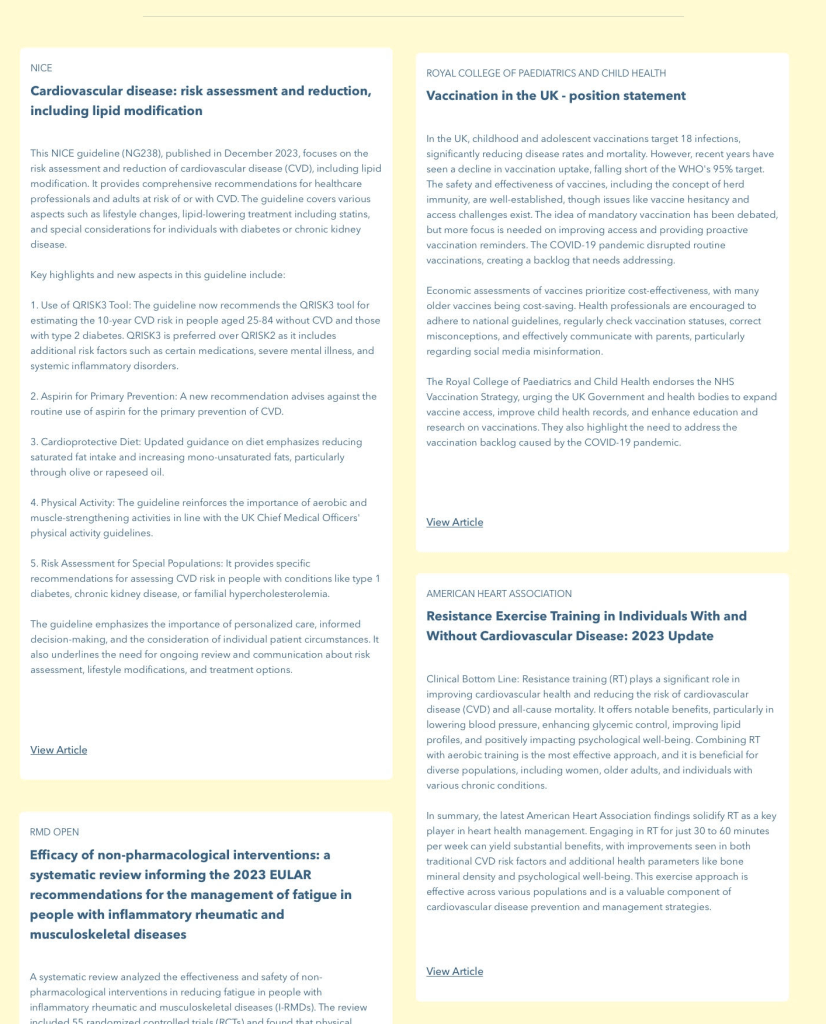

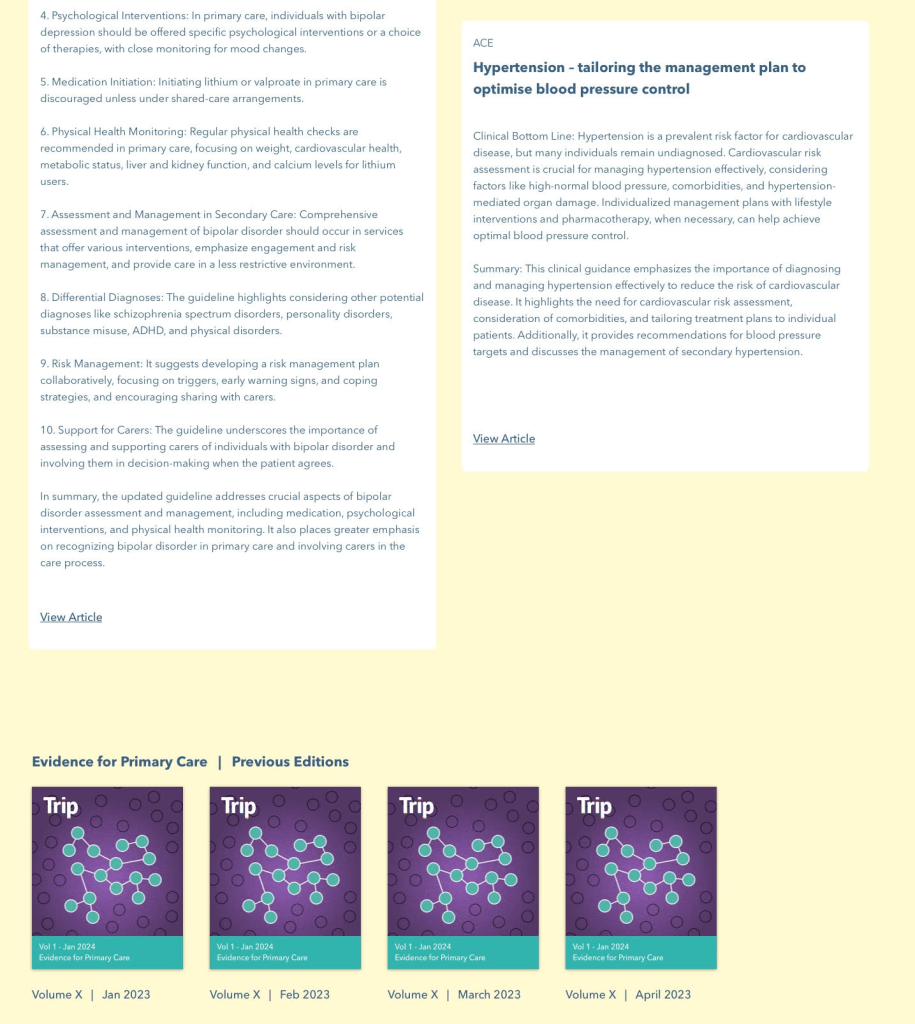
Recent Comments